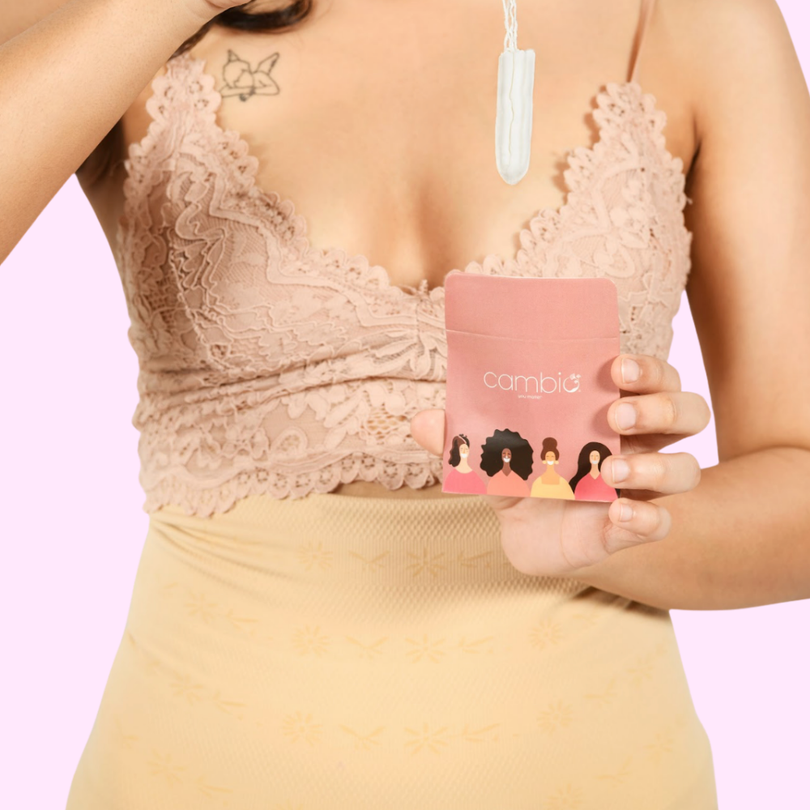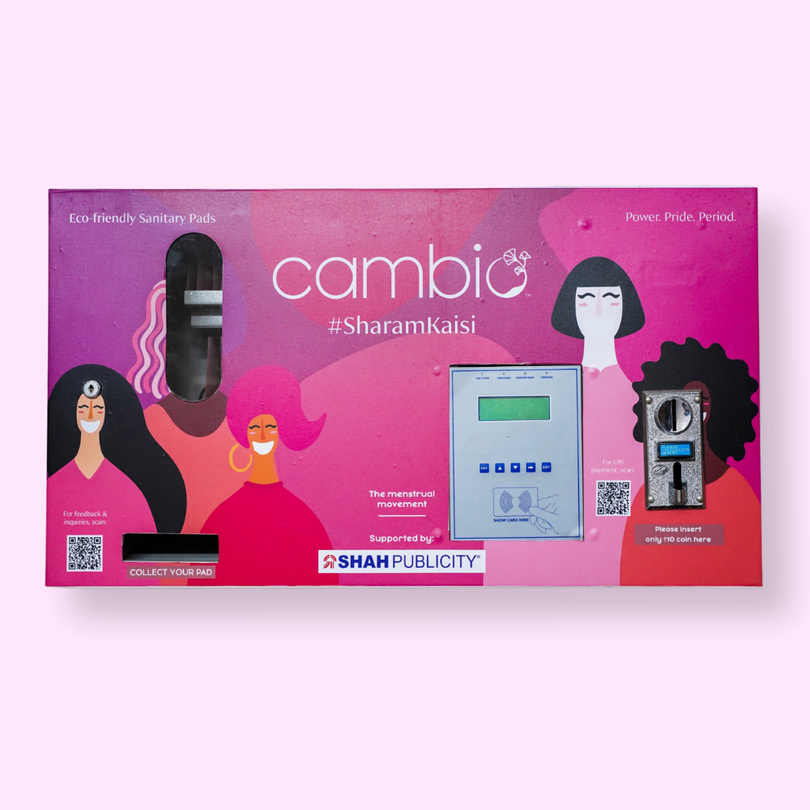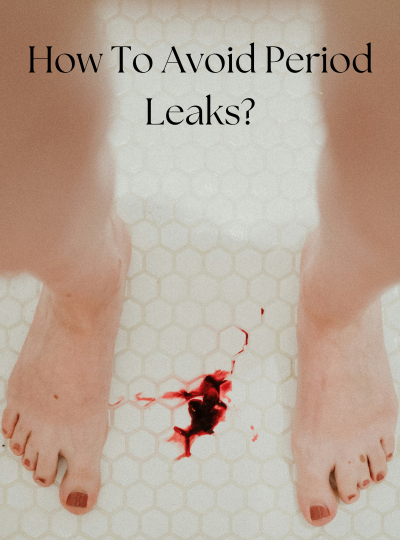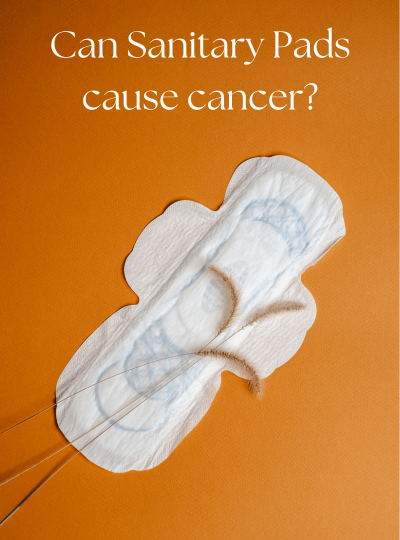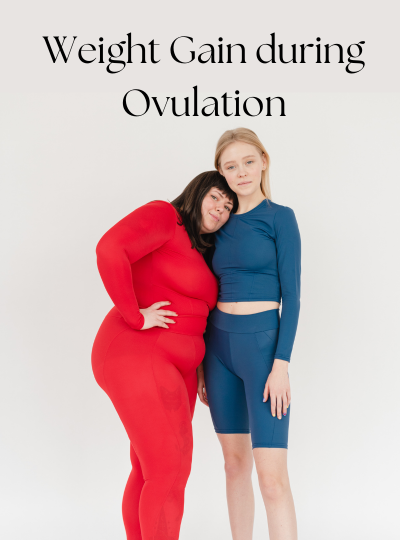How to avoid period leaks: Back, Front, and Side Protection (steps)
- Choose the right menstrual product: Consider using a menstrual cup, an overnight pad, or a combination of products that provide the best absorptive capacity and protection.
- Change your menstrual product frequently: Change your menstrual product before going to bed and during the night as needed. Set an alarm to remind you to change your menstrual product at regular intervals, even if it is the middle of the night.
- Wear waterproof protection: Consider using a mattress protector or sleeping on a large towel to provide additional protection in the event of a leak.
- Adjust your sleeping position: If you typically sleep on your back or stomach, consider sleeping on your side to reduce the risk of leaks.
- Avoid tight-fitting pyjamas or underwear: Wearing tight-fitting pyjamas or underwear can cause compression of the menstrual product and increase the risk of leaking.
- Choose the right absorptive capacity: If you experience heavy bleeding, choose a menstrual product with extra absorptive capacity or a combination of products that provide the best absorptive capacity.
- Avoid eating or drinking before bed: Eating or drinking shortly before bed can cause your body to produce more urine, which can increase the risk of leaks.
- Seek medical attention: If you experience heavy bleeding or repeated leaking, it's important to seek medical attention. Heavy bleeding can be a symptom of an underlying medical condition, such as endometriosis or fibroids. Early detection and treatment can help prevent further complications.
Also read - Can sleeping position affect your periods?
Why does my period leak to the back?
Some common causes of leaks while sleeping include:
- Heavy Flow: During particularly heavy flow days, even with the right product, some leakage might still occur. This is especially true if you haven't changed your pad or emptied your menstrual cup frequently enough.
- Not paying attention to the body's natural cycles and patterns: If a person is aware of when their body typically experiences heavier bleeding, they can adjust their sleeping schedule and menstrual product usage to reduce the risk of leaking.
- Sleeping Position: When lying down, especially on your back, blood can naturally flow towards your backside. It is even more likely if you use a period product that doesn’t give you back coverage (Like a small-sized pad).
- Body Shape: Everyone's body is different! If you have a curvier lower back, a standard pad might not conform perfectly to your shape, leading to some back leakage.
Also read - Can tampons expire?
Why does my period leak to the side?
Leaking to the side can occur for several reasons, including:
- Wearing a too narrow pad: If you're wearing a too-narrow pad, it may not provide adequate coverage and allow blood to leak to the side.
- Wearing loose-fitting undergarments: If you're wearing loose-fitting undergarments, they may not provide the necessary pressure to keep the pad in place.
- Moving around a lot: If you're moving around a lot, such as during sports or exercise, the pad may shift out of place and allow blood to leak out to the side.
- Using the wrong size pad: If you're using a pad that is too big for your underwear, it may shift and allow blood to leak out to the side.
- Poor pad design: If the pad's design is not suitable for your body shape, it may not provide adequate coverage and allow blood to leak out to the side.
How can I sleep on my period without leaking?/How to stop period leaking at night (use both keywords simultaneously)
- Wear a pad with wings: Wings are designed to adhere to your underwear and help prevent leaking from the sides. Look for pads with wings and make sure they are fully adhered to your underwear before you go to bed.
- Wear the right size pad: A pad that is too narrow or too wide can cause leaks, so it's important to wear a pad that fits your underwear properly.
- Place a hand towel on your bed: Place a hand towel or a dark-coloured towel on your bed, especially during your heaviest days, to avoid stains and leaks.
- Wear the right size period panties: Period panties are designed to hold a certain amount of blood without leaking and are a good alternative to pads and tampons.
- Carry a spare pad or tampon: It's always a good idea to carry an extra sanitary pad or tampon with you, especially if you're going to be out for a long time. They can come in handy in an emergency.
Also read - Can stress delay your period?
How do I make sure my period doesn't leak at school?
- Take frequent bathroom breaks: It's a good idea to take regular bathroom breaks throughout the day, especially during your heaviest days. This can help prevent any potential leaks and provide some relief from period discomfort.
- Prepare an emergency kit: Make sure you have an emergency kit in your bag that includes pads, tampons, pain relievers, and a change of underwear. This can come in handy in case of any unexpected leaks or accidents.
- Ask the school nurse for help: If you're having trouble managing your period, don't be afraid to ask the school nurse for help. They can provide additional supplies and advice, as well as a comfortable place for you to take a break if needed.
- Get a teacher's support: Talk to your teachers and let them know about your situation. Many teachers are understanding and will offer you extra time in the bathroom or the ability to sit closer to the door during class.
- Avoid heavy activities: Avoid heavy physical activities during your period, especially if you're prone to leaking. Instead, focus on light activities like yoga or stretching.
Also read - Best home massage for period cramps
How to sit during periods to avoid leakage?
- Sit with a straight back: Sitting with a straight back can help keep the pressure on the pad and prevent any leaks.
- Take frequent bathroom breaks: If you're worried about leaking while sitting, take frequent bathroom breaks to check on your pad and change it as needed.
- Use Heavy Duty Menstrual Products: If you're worried about leakage during your period, particularly while sitting, you may want to consider wearing heavy pads or absorbent tampons to provide extra protection.
Rank from best to worst menstrual hygiene product to avoid leaks
- Menstrual cup: A menstrual cup is a reusable device that is inserted into the vagina and collects menstrual blood. They are known to be an effective and environmentally friendly alternative to pads and tampons. Menstrual cups are known for their ability to hold a lot of blood and their ability to prevent leaks, making them a top choice for many people.
- Heavy-duty pads: Heavy-duty pads are designed to absorb a lot of blood and are known to provide extra protection against leaks. They are also known to be quite comfortable, but they can feel a bit bulky and may not be as discreet as other options.
- Tampons: Tampons are a disposable menstrual product that is inserted into the vagina and can absorb menstrual blood. They are known to be a fast and convenient way to manage periods, but they can sometimes leak, especially if they become saturated with blood.
More to read





